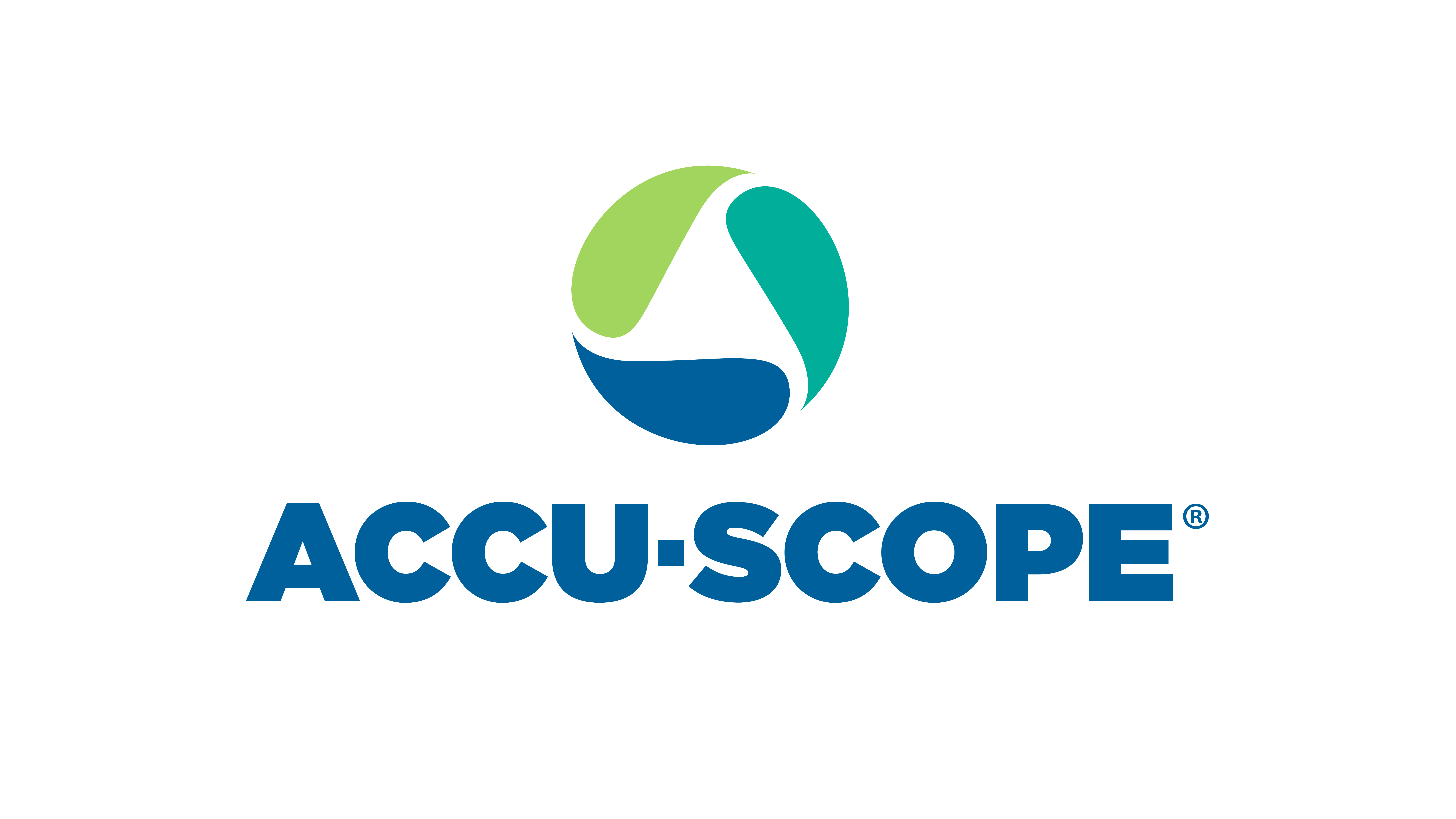ASI Partners with ScreenCell to Develop a Novel, Non-Invasive Prenatal Diagnosis Based on Circulating Fetal Cells
Partnership is intended to overcome limitations of existing methods, widening the range of genetic abnormalities that can be screened.
Carlsbad CA, US and Sarcelles, FRANCE – November 4, 2015 – Applied Spectral Imaging (ASI, www.spectral-imaging.com) and ScreenCell announced today that they have entered into a global partnership to develop a procedure enabling genetic analysis of trophoblastic fetal cells for prenatal diagnoses of genetic diseases. The partnering leverages ASI’s most advanced automated imaging platforms supporting FISH, brightfield and unique spectral image acquisition and analysis for karyotyping and FISH, and ScreenCell’s proprietary method for isolating circulating fetal cells.
Prenatal diagnosis is routine across the world and is especially valuable for women at advanced maternal age and those with high risk for chromosomal abnormalities. However, such diagnosis is often performed using invasive procedures, introducing the risk of complications for both the mother and fetus. In recent years, non-invasive prenatal testing (NIPT) on circulating cell free fetal DNA (cffDNA) in the maternal blood has been introduced, a method that combines advantages of both lower risk and cell-based specificity, but also has serious limitations.
ASI and ScreenCell are partnering to develop a new and highly reliable procedure for NIPT which would resolve these limitations. This will be achieved by successfully isolating and analyzing circulating fetal cells to enable accurate diagnosis for a much wider range of genetic abnormalities than currently available methods allow.
“Our expertise as a technology leader affords us excellent perspective on this rapidly advancing field of diagnostics. ASI is uniquely positioned to offer ScreenCell unmatched experience and imaging capabilities”, said Limor Shiposh, ASI’s Chief Executive Officer. “Adding ScreenCell’s method for non-invasive prenatal testing to our extensive imaging offering will allow us to offer our customers highly advanced Rare Cell detection and analysis, and we feel fortunate to be able to partner with ScreenCell on such an important project”, Mrs. Shiposh added.
“We see ASI as the ideal partner for advancing non-invasive prenatal diagnosis based on circulating fetal cells,” said David Znaty, Chief Executive Officer of ScreenCell. “Our goal is to develop and introduce a new, low risk and high yield testing method that combines our great success in isolating Rare Circulating Cells together with the highly intelligent imaging and analysis capabilities provided by ASI’s advanced platforms. We are very excited about developing such a comprehensive solution.”
About Applied Spectral Imaging (ASI)
Founded in 1993, ASI is a global leader in the development of imaging solutions for pathology, cytogenetic, and life science research.
ASI’s GenASIs™ automated imaging platforms for pathology and genetic analysis provide advanced diagnostic aids for pathologists and cytogeneticists, with reproducible and reliable results. The GenASIs platform can be used with most brightfield or fluorescence microscopes and supports manual and automatic scanning for a wide range of workflows and applications, to best suit the needs, size and budget of any lab.
ASI’s applications are also US FDA cleared for BandView Karyotyping, FISHView, SpotScan (for CEP XY, UroVysion, ALK and HER2/neu FISH), and HiPath (for IHC Family: HER2, ER, PR and Ki67).
About ScreenCell
ScreenCell was founded with the objective of designing and producing a simple but revolutionary technique allowing the fast and effective isolation of Rare Circulating Cells, yielding high-quality cellular and molecular characterization.
ScreenCell has developed a full range of downstream technologies enabling the characterization of isolated cells (expression of markers, detection of genetic mutations and aneuploidy) and is a pioneer in Circulating Tumor Cell (CTC) technologies.
ScreenCell is dedicated to creating technologies enabling molecular pathology, cell culture and enumeration, and cytomorphology evaluation, and sells a full range of point-of-care devices for in vitro diagnostics (IVD) assays and platforms.
Source: Applied Spectral Imaging




































